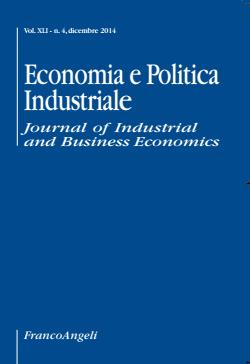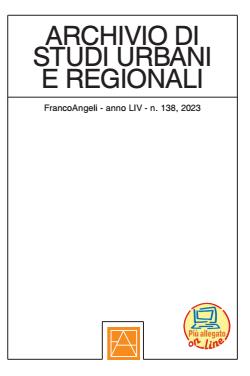
The issue of the «correct» level of the tariffs for public transport (and of the corresponding «correct» level of subsidies) has been ignored in Italy, even if the actual level of the tariffs is the lowest in Europe. Being this mainly a political decision, the economic analysis can only provide some factual background, related to opportunity costs, alternative measures expected impacts, distributive effects, environmental effects etc. In particular, the paper deals with possible regressive income distribution impacts of the combined high fuel taxes for car users and high subsidies for transit riders in metropolitan areas, and with the «capture» mechanism that seems implicit in the absence of any social impact survey at any administrative level. Eventually, an alternative approach is suggested for some extra-urban services: subsidies aimed only at specific «targeted» social groups, with a substantial liberalization process on the supply side. But the main recommendation remains focused on the need of a public and transparent debate on this issue, given its political content.






